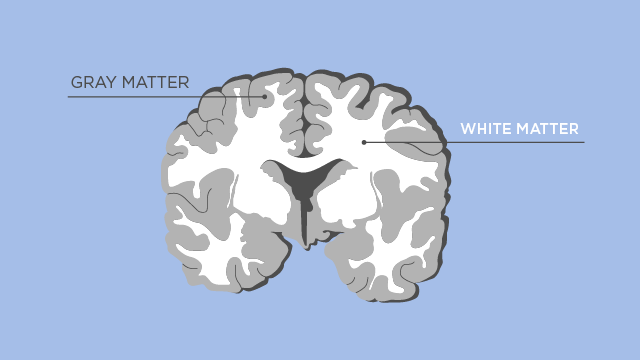Depression: Exploring the Biological Causes
- Thomas Bevis

- Feb 27, 2021
- 3 min read
Depression is a mental health illness that affects 264 million people globally according to the World Health Organisation.
Those suffering from depression can display a wide range of symptoms such as continuous low mood, low self-esteem and a lack of motivation but symptoms can vary between individuals. If you believe you are suffering from depression it is important to contact your GP. There are also specific types of depression such as seasonal affective disorder (SAD) that can occur in a seasonal pattern, especially in winter, and dysthymia which is a continuous mild depression that can last for years. Depression has many cognitive and behavioural causes but I will be focusing on some of the potential the biological aspects.
Genes
Research suggests that depression is caused by genetic factors; meaning it could be heritable, and therefore passed between generations. Kenneth et al. (2006) demonstrated using twin studies that the heritability of depression was 42% for women and 32% for men. The researchers also looked at the link between neuroticism, causing liability to depression, and it was found that genetic factors were responsible for 91% of liability in women and 76% for men. However, environmental factors were responsible for this link between neuroticism and depression 9% of the time in women and 24% in men.
This shows that environmental and genetic factors play an important part in causing depression.
Numerous genes have been proposed to cause depression such as the BDNF gene which makes the protein abrineurin. Stress has been found to reduce the expression of the gene in rats. This in turn reduces abrineurin which causes atrophy (reduction in size) of the hippocampi. This reduction in the hippocampi has been associated with those suffering with depression, however like many genes associated with depression, the research failed to be replicated.

Serotonin
Serotonin is a neurotransmitter found in the brain. It is released from the pre-synaptic neurone and travels across the synaptic cleft where it binds to a receptor on the post synaptic neurone causing electrical impulses. Normal levels of serotonin being released from presynaptic neurones has been linked to mood and sleep regulation. Research shows that low serotonin may be linked to causing depression by altering one's view the world, usually causing negative ideas.
However, alternate research suggests this is not the case and challenges if low serotonin causes depression or whether depression causes low serotonin.

Figure 1. A diagram showing neurotransmitters (such as serotonin and dopamine) crossing a synapse. (Image by Thomas Splettstoesser).
Dopamine
Dopamine is another neurotransmitter that has been linked to depression. Normal levels of dopamine are important in motivating behaviours that have rewarding outcomes or avoiding behaviours with negative outcomes. Past research has shown potential abnormalities in dopamine receptors (D4 and D3) which causes hypersensitivity to dopamine in individuals with depression. The results were inconsistent so it is difficult to definitely make the link.
Treatments
The biological treatments of depression focus around using antidepressants. Selective serotonin reuptake inhibitors (SSRI), such as Prozac and cipramil are the most common antidepressant used to treat depression. SSRIs work by blocking channels in the presynaptic neurone that take up serotonin from the synaptic cleft causing an increase in serotonin. Serotonin-noradrenaline reuptake inhibitors (SNRIs) such as duloxetine work in a similar way to SSRIs, but research has shown that some people may respond better to SSRIs. Tricyclic antidepressants (TCA) such as tryptizol and monoamine oxidase inhibitors (MAOI) such as tranylcypromine are older antidepressants and are less commonly used.










Comments